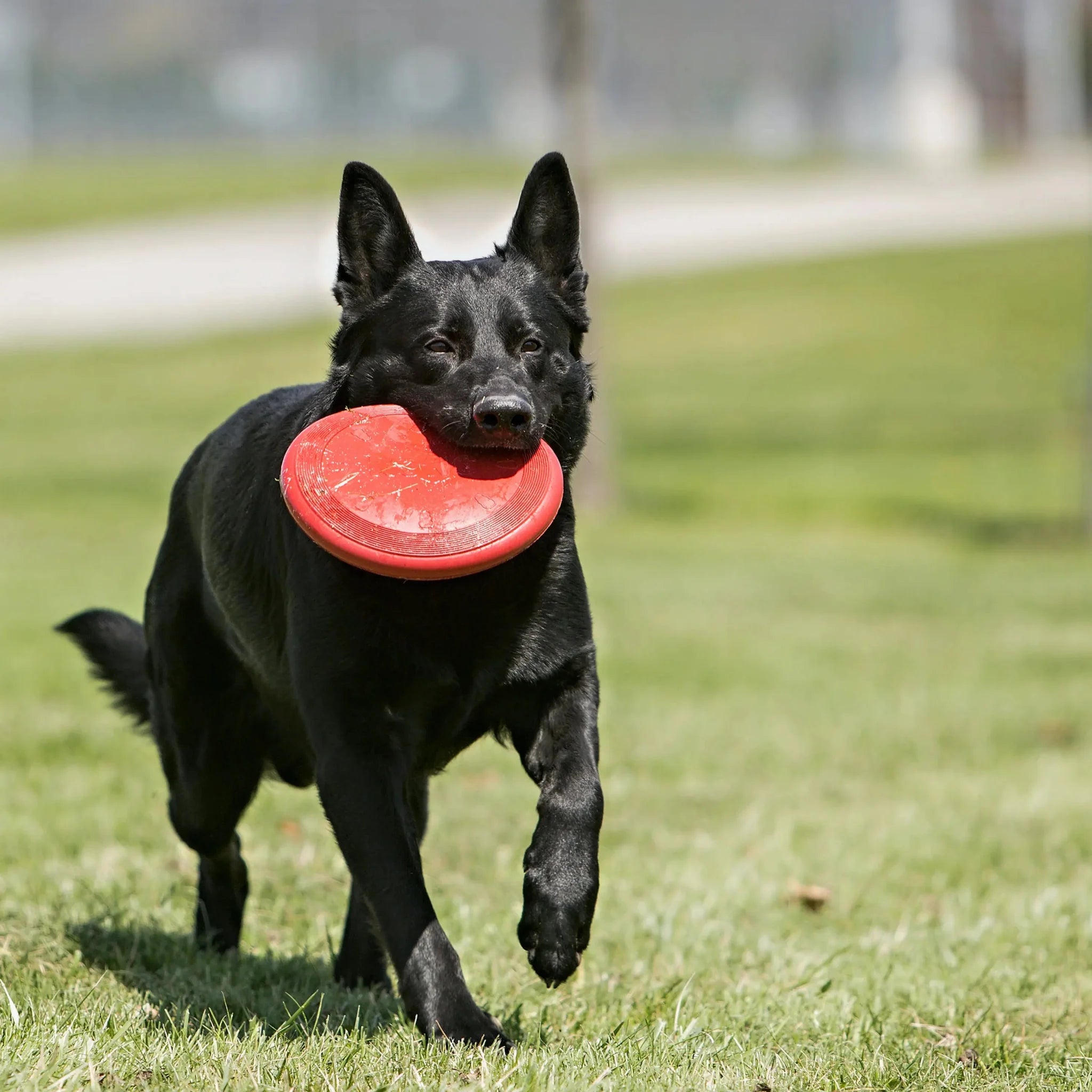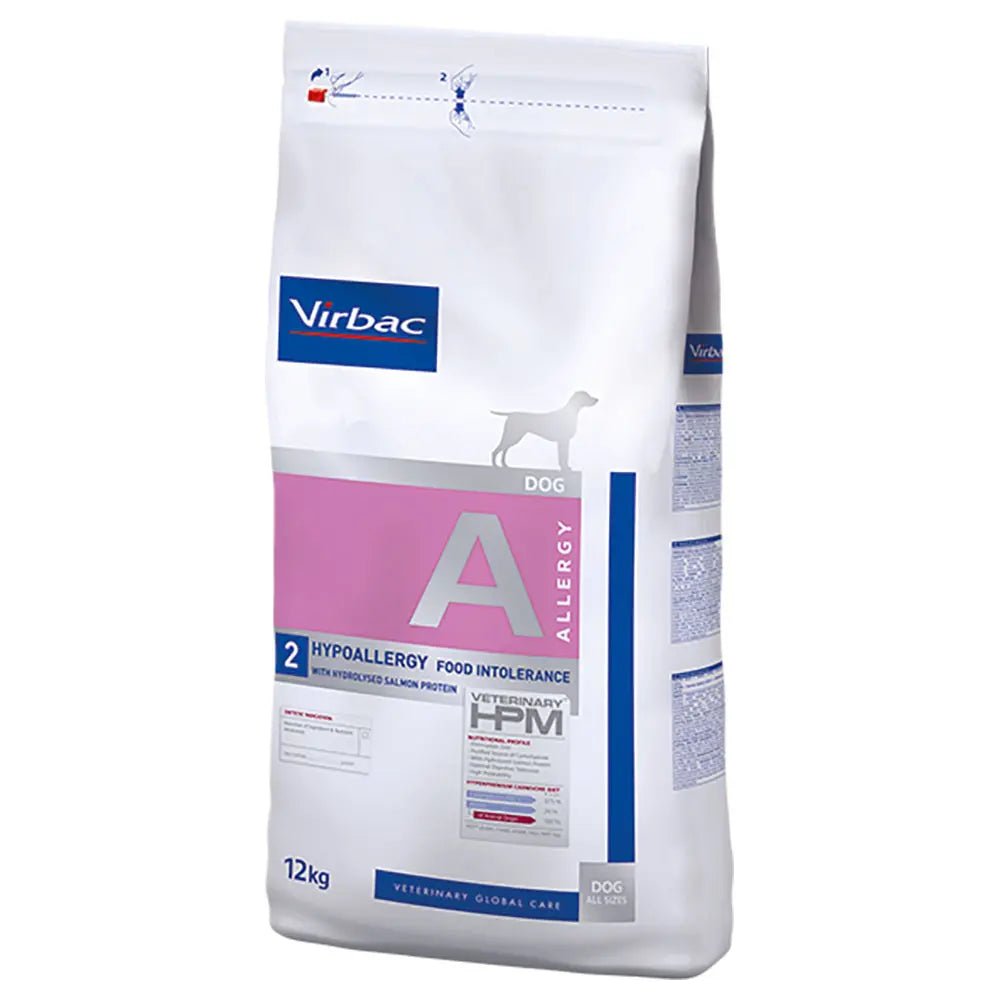Coughing in dogs often has a logical explanation, but you should take it seriously. A few coughs now and then are usually nothing to worry about, but if your dog coughs a lot or often, alarm bells should ring. It's a sign that something is wrong. Here you will find possible causes of coughing, as well as characteristics of coughing that can give a clue to what is causing it. You will also get good advice on how to deal with coughing in your dog.
Why is my dog coughing?
A dog's airways are very sensitive, which means that any irritation in the throat can cause coughing. This can be caused by anything from inflammation to small foreign objects like seeds and grains irritating the airways. However, a few coughs to protect against such foreign objects are part of your dog's natural defense, just like in humans. You should therefore keep an eye on how much and how often your dog coughs, to find the real cause of the coughing.
Causes of coughing in dogs
Your dog can cough for many different reasons. It can be caused by viral infections and foreign bodies in the body, but also serious illnesses such as pneumonia and heart problems. It can also be a common cold. Mild coughing, runny nose and sneezing are mild symptoms of a respiratory infection.
Notice other symptoms beyond coughing
Ask yourself questions about your dog's general condition. This will make it easier to determine the cause of the coughing.
- Is your four-legged friend as agile as before?
- Does it eat and drink normally?
- Is it sleeping?
- Does the dog have a fever?
Is your dog quite healthy?
If your dog is alert, has no fever, and is eating and drinking normally, you can wait 1 to 2 weeks and consider a visit to the vet after that. The infection may clear up on its own. However, it is very important that your dog gets enough rest. You can also check your body temperature along the way, while keeping an eye out for hoarseness and coughing.
Different types of cough indicate the type of illness: Get the overview
You can also look for characteristics in the cough to clarify whether it has a serious or natural cause. Get good advice on what indications to look for when classifying a cough and its possible cause below.
Pneumonia
Your dog's cough will sound soft if it has pneumonia. Fever and poor appetite are other symptoms of pneumonia that you can look out for.
Heart disease
A common cause of coughing is heart valve disease or heart muscle disease. This is of course a very serious condition, where you are looking for a continuous, soft cough. It is worse at night or when the dog is lying on its side. Veterinarians may prescribe heart medications if the disease is diagnosed.
Kennel cough
If kennel cough is the cause of the cough, it will sound dry. It will be raspy and choppy. Kennel cough is a collective term for a respiratory infection caused by both viruses and bacteria. Dogs are often infected at the park or during obedience training, where several dogs come into close contact with each other. Kennel cough will go away on its own, but can be treated with antibiotics. It is also possible to vaccinate your dog against kennel cough.
Tracheal collapse
The cough is dry, hacking, and spasmodic. Tracheal collapse is an unfortunate genetic condition in some dogs, where the windpipe collapses or the airways are too narrow. Small dogs are more commonly affected by this condition. Weight loss, antibiotics, and sedatives are among the treatments.

I have an older dog who is coughing and vomiting. What do I do?
If your dog is coughing and vomiting, you should keep an eye on him and consider taking him to the vet . If he is coughing more than normal, a vet visit is the rule. In older dogs, heart failure and tumors are more likely causes of coughing than in younger dogs. Of course, older dogs can also cough due to infections, but this is usually a more likely explanation for coughing in younger dogs.
What do I do if my puppy has a cold?
Puppies are more sensitive than adult dogs and are at greater risk of developing other infections when their general condition is compromised. Therefore, contact your veterinarian if you have a puppy with cold symptoms.
Take your dog to the vet
If your dog is generally alert, you can monitor the symptoms for a couple of weeks and consider visiting the vet regularly. The infection may clear up on its own within two weeks. Avoid excessive physical activity and contact with other dogs while the dog is still coughing. If the condition worsens or remains the same, you should have a vet check it out. You can expect to be asked several questions. The vet will ask about when, where and how the coughing started. They will also ask about the dog's general condition to locate inflamed airways and find the cause of the coughing.
Signs that your coughing dog should visit the vet:
- If it seems sick apart from the coughing itself.
- The hosting has persisted for more than 2 weeks.
- If the coughing becomes more and more severe.
Book an appointment at A-Vet Pet Clinic to check the hosting















